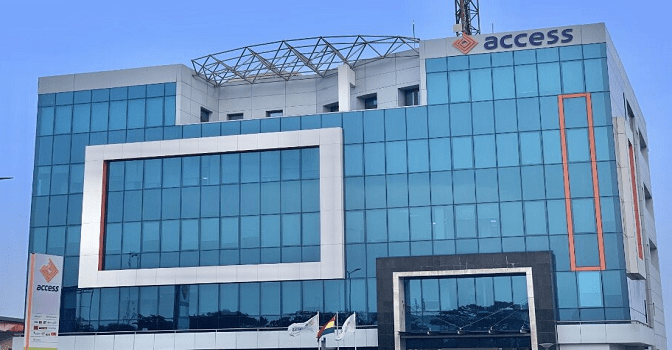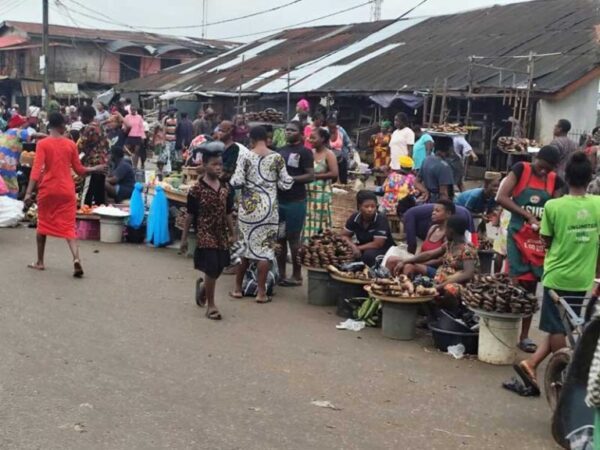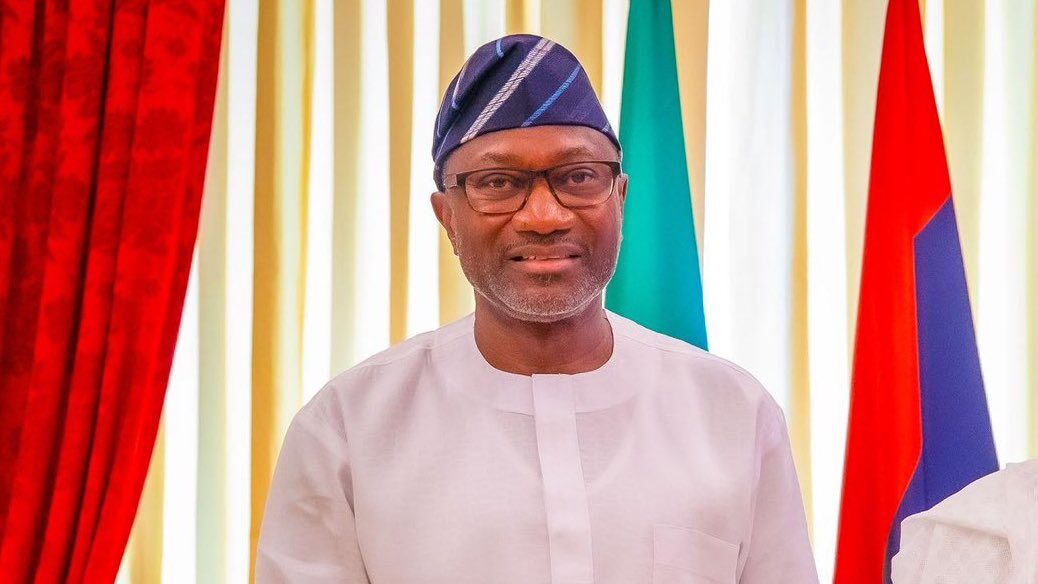
•Seeks NADF support, says platform will limit customers, cattle movement, enhance seamless access to critical information, others
•NADF boss vows financing assistance
James Emejo in Abuja
Minister of Livestock Development, Alhaji Idi Mukhtar Maiha, yesterday, said the development of digital public infrastructure was fundamental to achieving the ministry’s mandate and maximising opportunities in the sector.
Maiha said the digital platform will limit cattle movements and physical contact, expand market access, enable seamless access to critical information about livestock activities, regulation, and compliance regime, as well as boost the sector’s visibility.
Maiha spoke at a meeting with Executive Secretary, National Agricultural Development Fund (NADF), Mr. Mohammed Ibrahim, who led a delegation on a working visit to the ministry in Abuja.
He stressed that the quest for digital infrastructure aligned with key objectives of the livestock ministry.
Maiha said the digital infrastructure was “fundamental in our journey. We don’t have to reinvent the wheel. It’s not the issue of now carrying a stick and moving with animals”.
He stated, “It’s a question of — look, we have 815 livestock markets across this country. We have a number of other very critical stakeholders. We want people to stay in the comfort of their rooms and then find out what is happening in the Federal Ministry of Livestock Development.”
Maiha said, “This is what we want — to take it to a further level, and then make sure that people stay connected to us. And by connecting to us, they can connect to the market — both locally, regionally, and globally.
“Having established this ministry and made some progress, our first priority is to ensure visibility in the public domain. Nigeria has over 815 livestock markets across the country. Even beyond the major cities, livestock trading is vibrant.
“Our request, therefore, is for NADF’s support to help us digitise and make our livestock data publicly accessible. In other countries, you can see every detail about their livestock industry on your mobile device — and we want that here.”
The minister asked NADF to support the ministry in developing, deploying, and launching a National Livestock Public Digital Infrastructure, a platform that would put Nigeria’s livestock industry on the map.
He said the initiative will give visibility to local and international partners, investors, and development organisations.
The minister stated, “We’ve had discussions with investors, including those from the Gulf region, who are interested in Nigerian livestock, especially our red meat industry. With such a digital platform, they wouldn’t need to travel to Nigeria to see what’s available — a simple click would reveal everything.
“We envision a system where one can buy livestock online — no need to travel to markets physically. This would also reduce the spread of animal diseases. We want to digitise our livestock markets, tag animals with microchips, and track movements to ensure humane and safe transportation. We are even discussing with Customs about providing purpose-built trucks designed specifically for livestock transport.
“This would enhance animal welfare, traceability, and our national image. Beyond that, we are developing several initiatives and will seek your institutional support to deploy them.”
Maiha added, “For example, we are launching a Presidential Initiative on Youth and Women in Livestock, targeting 1,000 youth and women from each state, including the FCT — about 37,000 beneficiaries in total.
“We’ll build their capacity, provide certification recognised by the National Board for Technical Education (NBTE), and prepare them to enter the livestock value chain. With that certificate, beneficiaries can work anywhere, access financing, or start businesses.”
He stressed that the digital infrastructure will help customers — local, regional, and international — “know who we are”.
Maiha also said, “It will give you a landscape of Nigeria’s livestock sector — what we are doing, who the major actors are, what the guidelines and compliance requirements are etc.
“We’ve also put up a number of other initiatives that are coming on board, and the Executive Secretary and his wonderful management team have agreed to work with us, drill down further to find out areas of support, and these are being worked out.”
In his remarks, the NADF boss described the digital infrastructure project as a “good first step” by the ministry, adding that the fund will jointly work on the modalities and areas of support.
Ibrahim told THISDAY, “We feel digitisation within the agricultural sector is critical in this day and age. We also feel that these are the paths that we need to take and the acts we need to follow that will attract our team and youth into the various sectors within the agricultural sector.”
He said the visit was necessitated by the need to reintroduce NADF to the minister, adding that part of the mandate of the fund also covers livestock development.
He said, “So, we’re here to bring some ideas and to see how our agency and the Ministry of Livestock can work with us for the advancement of the aspirations of this ministry.
“The mandate of the NADF is broad and inclusive. It doesn’t only focus on agriculture in the narrow sense, but also covers related sectors — forestry, livestock, fisheries — essentially the entire length and breadth of agriculture.”
According to him, NADF mandate includes funding and financing across the entire agricultural value chain, supporting research, and assisting state governments in achieving their agricultural aspirations.
He said, “We believe the NADF’s mandate aligns closely with that of this ministry, and that is why we felt it important to engage, share ideas, and explore how the funding organisation for agriculture — livestock inclusive — can work together with the ministry.”





